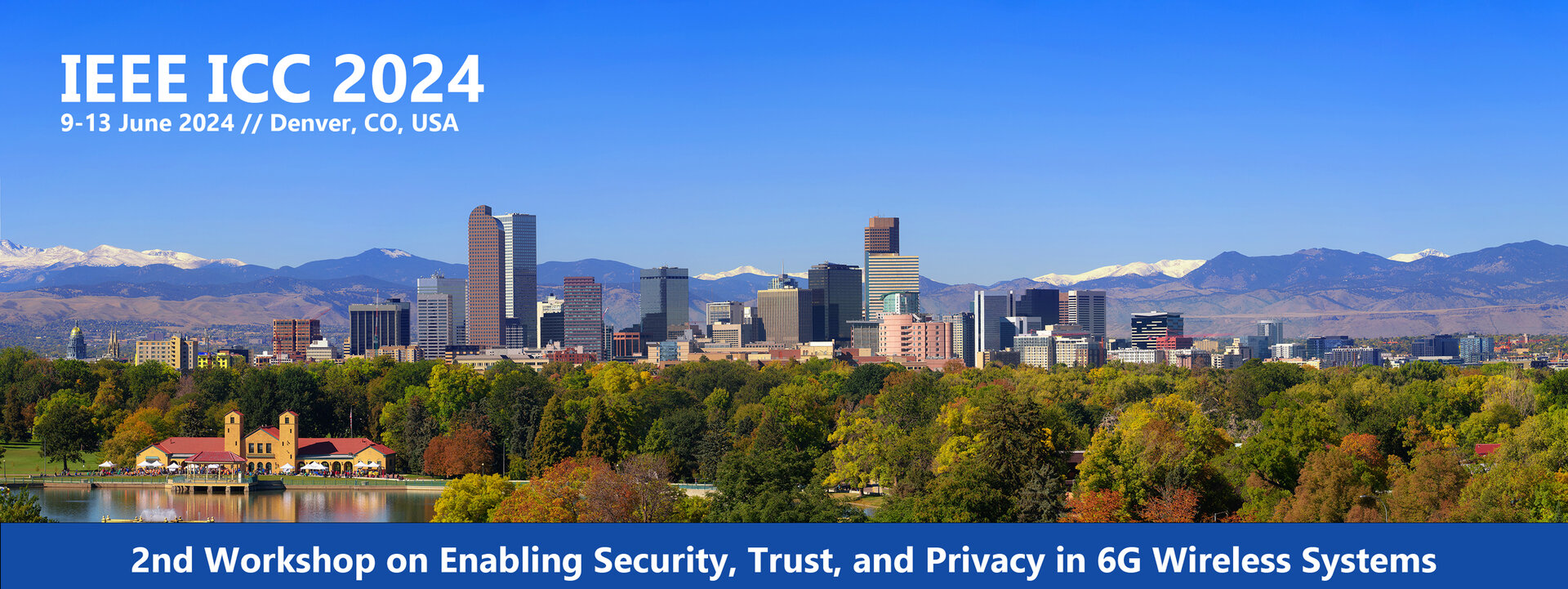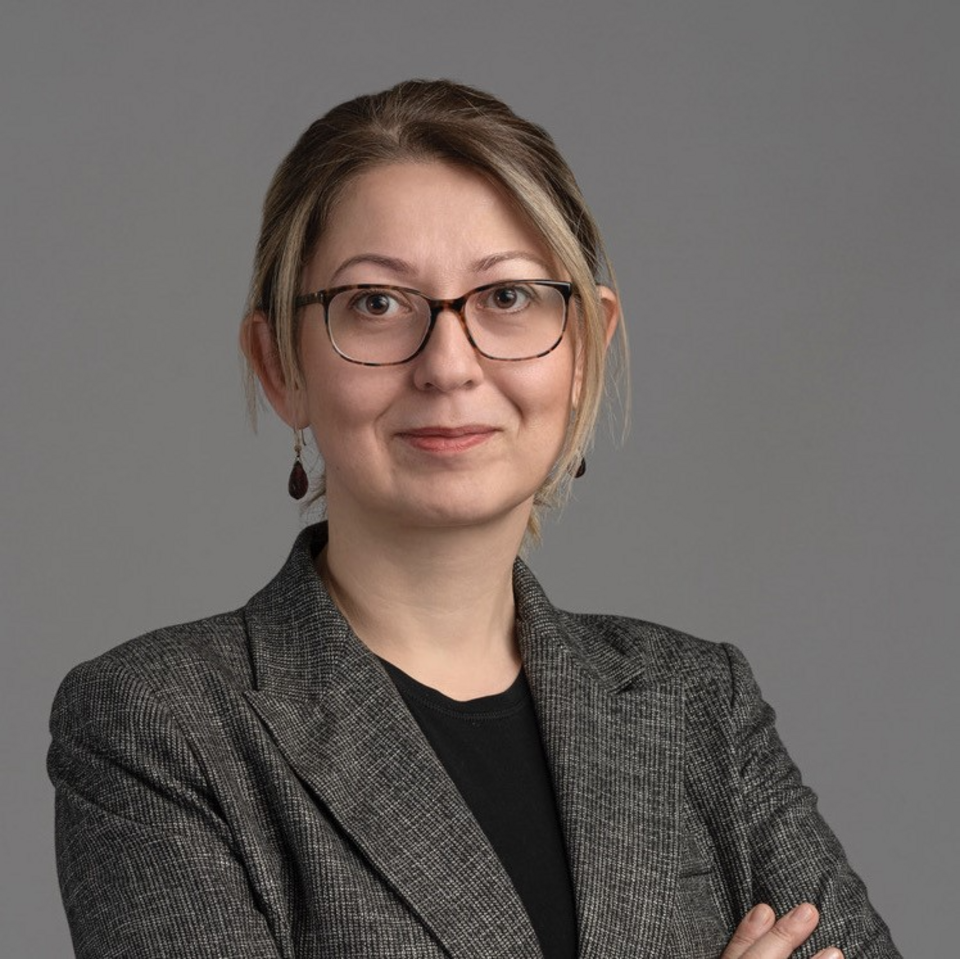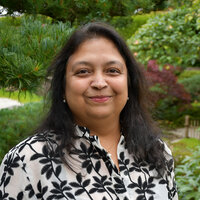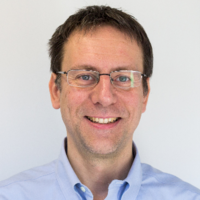
IMPORTANT DATES
Paper submission (extended): 4 February 2024 • Acceptance notification (extended): 14 March 2024 • Camera-ready due (extended): 29 March 2024
While existing security protocols were designed with a focus on the core network, the enhancement of the security of the wireless access network becomes of critical importance. Due to the broadcast nature of wireless channels, security and privacy are of utmost concern for future wireless technologies. It is now envisioned that physical layer security (PLS) solutions, which exploit the characteristics of physical phenomena to provide security, can be used to complement conventional upper-layer security schemes and strengthen the overall trust and resilience of next generation wireless systems. Quite importantly, the massive scale deployment of low-end IoT nodes, often manufactured with non-homogeneous production processes poses pressing questions on the long-term IoT security. In addition, the extensive introduction of AI and the rapid advances in quantum computing will further increase the attack surface of wireless systems, thus, demand quantum/adversary-resistant solutions. Furthermore, emerging technologies (joint communication and sensing, RIS, etc.) together with AI can be used to counter/create sophisticated intelligent attacks, however, a generalized practical security framework is still missing. The objective of the workshop is to both foster and develop the ground-breaking technique to provide trustworthy and resilient wireless communications. In line with such objectives, original contributions are solicited in topics of interest to include, but not limited to, the following:
- Interplay between emerging technologies (intelligent reflecting surface, joint communication and sensing, AI) and their role towards trustworthy communication
- Attack/defense modelling (active and jamming attacks, man-in-the-middle attacks, etc.)
- Post-Quantum security and cryptography
- Security challenges for AI/ML technologies
- Security of space information systems
- Optical wireless technology for secure connectivity
- Security mechanisms for zero-energy devices
- Security-aware access control
- AI-based security solutions for wireless systems
- Prototype, practical testbeds, and performance evaluation
- Security and privacy for IoTs, HetNets, massive MIMO systems, and mm-wave, THz transmission
SUBMISSION GUIDELINE
Authors are invited to submit original papers of up to 6 pages including figures, tables, and references, in PDF format. Submission implies that at least one of the authors will register and present the paper at the conference. Electronic submission for possible publication in IEEE ICC 2024 Conference Proceedings, which will be included in IEEE Digital Library, is accepted through EDAS.
The full call for paper can be found here.
Submission link: edas.info/N31836
KEYNOTE

Gunes Karabulut Kurt is a Canada Research Chair (Tier 1) in New Frontiers in Space Communications and Associate Professor at Polytechnique Montréal, Montréal, QC, Canada. She is also an adjunct research professor at Carleton University. Gunes received the B.S. degree with high honors in electronics and electrical engineering from Bogazici University, Istanbul, Turkey, in 2000 and the M.A.Sc. and the Ph.D. degrees in electrical engineering from the University of Ottawa, ON, Canada, in 2002 and 2006, respectively. She worked in different technology companies in Canada and Turkiye, between 2005 and 2010. From 2010 to 2021, she was a professor at Istanbul Technical University. Gunes is a Marie Curie Fellow and has received the Turkish Academy of Sciences Outstanding Young Scientist (TÜBA-GEBIP) Award in 2019. She is serving as the secretary of IEEE Satellite and Space Communications Technical Committee, the chair of the IEEE special interest group entitled “Satellite Mega-constellations: Communications and Networking” and also as an editor in 6 different IEEE journals. She is a member of the IEEE WCNC Steering Board and a Distinguished Lecturer of Vehicular Technology Society Class of 2022. Her research interests include multi-functional space networks, space security, and wireless testbeds.
PANEL

Neeli Prasad is CEO of SmartAvatar B.V. Neeli's illustrious career spans over two decades, where she has played a pivotal role in driving digital transformation and technological innovation. Her expertise encompasses a wide range of domains, including AI, cybersecurity, and wireless technology. Neeli has been an active participant in numerous European projects, demonstrating her commitment to advancing research and development in the region. Notably, she served as the Director and Head of Research at the Center for TeleInFrastructure (CTIF-USA) in Princeton, New Jersey. Under her leadership, CTIF-USA spearheaded over 25 industrial and publicly funded multi-partner projects valued at an impressive $110 million. These projects covered critical areas such as multi-layer security, trust, and privacy in the Internet of Things and innovative eHealth solutions for ambient-assisted living scenarios.
In addition to her research and project leadership, Neeli Prasad has held esteemed positions in professional organizations. She notably serves as a Board of Governor for IEEE Vehicular Technology Society (VTS). This role attests to her leadership and expertise in the field of vehicular technology, where she likely influenced strategic directions and advancements in this critical domain. Beyond her professional achievements, Neeli is an advocate for diversity and equity in the tech industry, showcasing her commitment to a more inclusive future. She holds a PhD degree in Electrical and Electronics Engineering from Rome Tor Vergata, Italy.

Gerhard P. Fettweis, F’09, earned a Ph.D. under H. Meyr at RWTH Aachen in 1990. After a postdoc at IBM Research, San Jose, he joined TCSI, Berkeley, USA. Since 1994 he is Vodafone Chair Professor at TU Dresden, Germany. Since 2018 he is also founding director/CEO of the Barkhausen Institut. He researches wireless transmission and chip design, coordinates 5G++Lab Germany and the German Cluster-for-Future SEMECO. His team spun-out 19 tech and 3 non-tech startups, and he initiated 4 platform companies. Gerhard is member and senator of the German Academy of Sciences (Leopoldina), and member of the German Academy of Engineering (acatech), and active in helping organize IEEE conferences.

Taylor Hartley is a Network Security Solutions Architect for Network Product Solutions in Ericsson North America. She is responsible for driving cybersecurity and US Government collaboration efforts, both internally and across the industry. Most recently, her focus has been on emerging technologies and their associated threats, such as quantum, AI/ML, and 6G. Prior to joining Ericsson, Taylor served in the US Navy for 8 years specializing in military intelligence and wireless communications signals. Taylor is a Certified Information Systems Security Professional (CISSP), Certified Cloud Security Professional (CCSP), and holds an MBA from the University of Colorado.

Stefano Tomasin received the Ph.D. degree from the University of Padova, Italy. During his studies he did internships with IBM Research (Switzerland) and Philips Research (Netherlands). He then joined the University of Padova where he is now Full Professor. He was visiting faculty at Qualcomm, San Diego (CA), the Polytechnic University in Brooklyn (NY) and the Mathematical and Algorithmic Sciences Laboratory of Huawei in Paris (France). His current research interests include physical layer security, security of global navigation satellite systems, signal processing for wireless communications, synchronization, and scheduling of communication resources. He is a senior member of IEEE and a member of EURASIP. He is an Editor of the EURASIP Journal of Wireless Communications and Networking and a Deputy Editor-in-Chief of the IEEE Transactions on Information Forensics and Security.